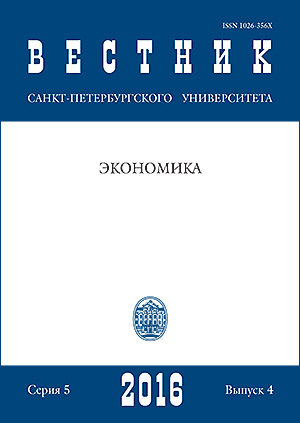Accounting for Sustainability: Episteme Change and Ontological Plurality
DOI:
https://doi.org/10.21638/11701/spbu05.2016.406Abstract
Recent research reveals accounting for sustainable development to be both problematic and essential. This paper considers that the problems arising may be intrinsic to the concepts and structures of Modern accounting and that their resolution lies ultimately in the development of the consequences of a new possibility of knowledge or episteme. Aft er a brief presentation of the nature and historic impacts of episteme change, this paper explores the epistemic origins of Modern accounting. Evidence for a new, other than Modern, episteme is then presented and its consequences for accounting for sustainable accounting are explored. Signifi cant evidence in this regard is the work of Bruno Latour from Actor-Network Theory to the plurality of ontologies. Refs 93.
Keywords:
sustainability accounting, episteme, ontology, modernity
Downloads
References
References in Latin Alphabet
Translation of references in Russian into English
Downloads
Published
How to Cite
Issue
Section
License
Articles of the St Petersburg University Journal of Economic Studies are open access distributed under the terms of the License Agreement with Saint Petersburg State University, which permits to the authors unrestricted distribution and self-archiving free of charge.







